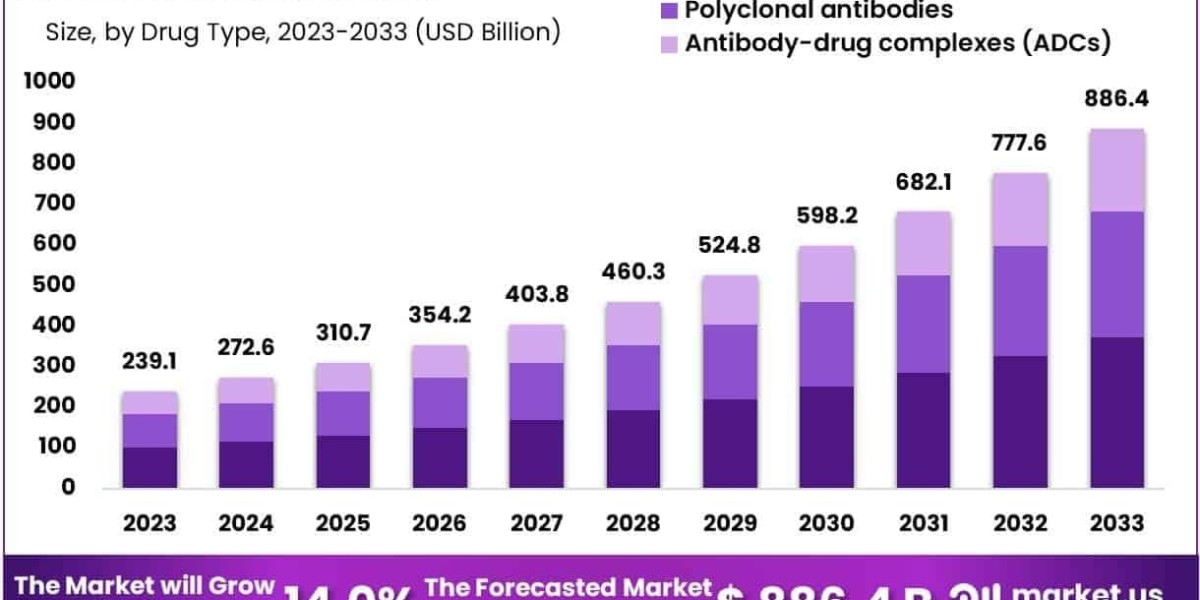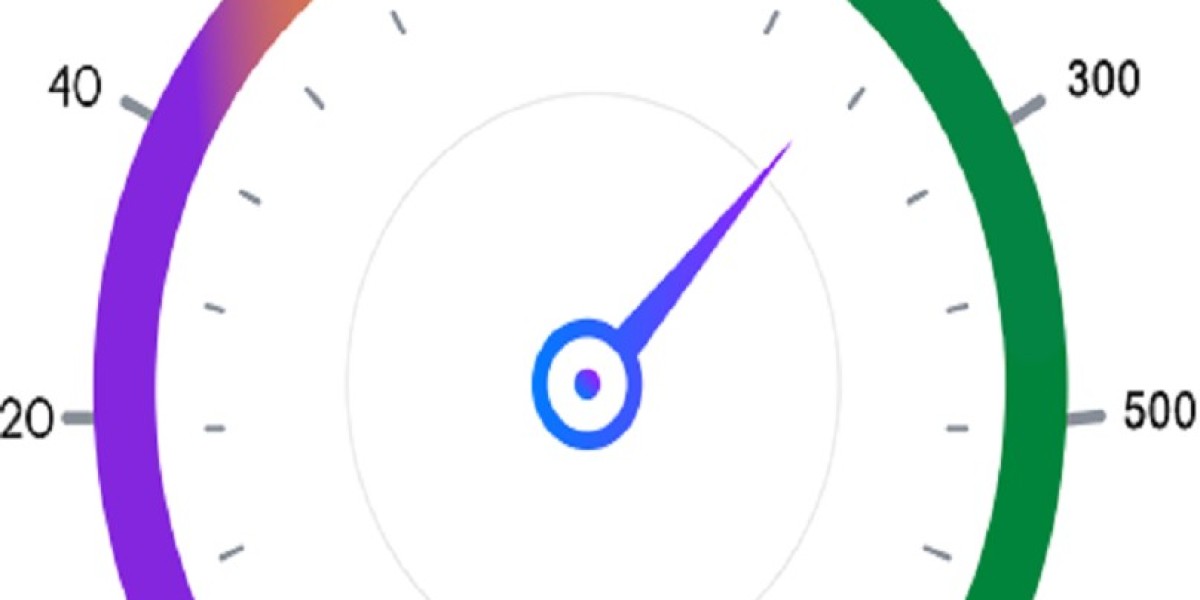When two complex mental health disorders collide, like bipolar disorder and ADHD, the result can be a challenging and potentially life-threatening combination. Research has shown that children diagnosed with attention-deficit/hyperactivity disorder (ADHD) are at a significantly higher risk up to 10 times more likely of later developing bipolar disorders to those without ADHD. This comorbidity not only complicates diagnosis and treatment but is also associated with a more severe disease course and a higher risk of suicide attempts.
Bipolar Disorder: A Quick Overview
Bipolar disorder is a serious mental health condition marked by extreme mood shifts, from emotional heights (mania or hypomania) to debilitating lows (depression). It’s classified into three primary types:
- Bipolar I Disorder: Defined by manic episodes lasting at least seven days or requiring hospitalization, often followed by depressive episodes.
- Bipolar II Disorder: Characterized by cycles of depressive and hypomanic episodes, but no full-blown mania.
- Cyclothymic Disorder (Cyclothymia): A milder form involving chronic fluctuations between hypomanic and depressive symptoms that don’t meet the full criteria for either.
According to data from the National Institute of Mental Health (NIMH):
- 2.8% of U.S. adults are diagnosed with bipolar disorder annually.
- 82.9% of individuals with bipolar disorders experience severe functional impairment.
- Onset typically begins around age 25, but symptoms often appear earlier.
- Adolescents are not immune, around 2.9% are affected, many severely.
While bipolar disorder affects males and females at roughly equal rates, people aged 18–29 represent the highest affected demographic (4.7%).
ADHD and Bipolar: A Shared Genetic Thread?
Recent findings suggest there may be a significant genetic overlap between ADHD and bipolar disorder. Both conditions affect executive functioning, mood regulation, and impulse control though in different ways and may stem from some of the same neurobiological roots.
ADHD, commonly diagnosed in childhood, often presents symptoms such as:
- Difficulty sustaining attention
- Disorganization
- Impulsivity
- Hyperactivity
- Forgetfulness
- Emotional dysregulation
When bipolar disorder is added to the mix, it becomes difficult to distinguish between what symptoms belong to which disorder. For example, impulsiveness and restlessness may be present in both conditions but for different underlying reasons.
A Life-Threatening Combination: Increased Risk of Suicide
One of the most concerning aspects of comorbid ADHD and bipolar disorder is the elevated risk of suicide:
- Individuals with bipolar disorder lose an average of 9.2 years of expected life.
- 60% develop substance use disorders, further complicating treatment.
- Suicide risk is alarmingly high: 15–17% of individuals with bipolar disorder die by suicide.
- Men are less likely to attempt suicide but are more likely to succeed when they do.
When ADHD is present alongside bipolar disorder, symptoms may become more intense and volatile. This combination is associated with greater emotional instability, impaired decision-making, and a decreased ability to cope with stress, all factors that increase suicide risk.
Treating Bipolar Disorder and ADHD Together: A Clinical Challenge
Treating these conditions simultaneously presents unique challenges. ADHD is typically treated with stimulant medications like Adderall or Ritalin. These drugs enhance focus and reduce hyperactivity, but in individuals with bipolar disorder, they may provoke manic or hypomanic episodes if not properly managed.
On the other hand, bipolar disorder is generally treated with mood stabilizers (e.g., lithium, valproate) or antipsychotics (e.g., quetiapine, olanzapine). These helps regulate emotional heights and lows but may not address ADHD-related symptoms.
This treatment dilemma raises an important clinical question: How do you treat ADHD without destabilizing mood in a patient with bipolar disorder?
Current Best Practices Include:
- Prioritizing mood stabilization first: Before addressing ADHD symptoms, clinicians focus on bringing bipolar symptoms under control using mood stabilizers.
- Carefully monitored use of stimulants: In select cases, once bipolar disorder is stabilized, low-dose stimulants or non-stimulant ADHD medications (like atomoxetine or bupropion) may be introduced with caution.
- Integrated therapy approaches: Cognitive-behavioral therapy (CBT), psychoeducation, and family therapy can support emotional regulation and executive functioning without the risks associated with pharmacological treatment.
Early Intervention is Critical
Given the potentially life-altering consequences of untreated or misdiagnosed bipolar disorder in people with ADHD, early screening and diagnosis are essential. Parents, caregivers, and healthcare providers should remain vigilant for mood instability particularly during adolescence and early adulthood.
If your child or loved one with ADHD shows signs of intense mood swings, depression, or impulsive behaviors beyond what is typical for ADHD, it’s crucial to seek evaluation from a mental health professional familiar with both conditions.
Moving Forward with Hope
Though the combination of ADHD and bipolar disorder can be daunting, it is not insurmountable. With early intervention, comprehensive care, and tailored treatment plans, individuals can lead stable, fulfilling lives.
At clinics like Gimel Health, we understand the importance of individualized care when navigating co-occurring conditions like bipolar disorder and ADHD. Our team of board-certified professionals provides integrative psychiatric care that addresses both the biological and emotional complexities of mental health.
If you're exploring options like Bipolar Depression Medication NJ, it's essential to work with specialists who can guide treatment safely and effectively.
If you or a loved one is struggling with symptoms of ADHD, bipolar disorder, or both, reach out to a mental health provider today. The right support can make all the difference.







